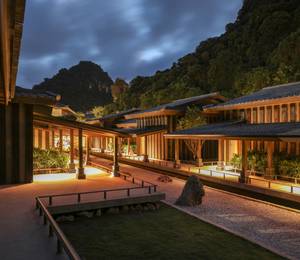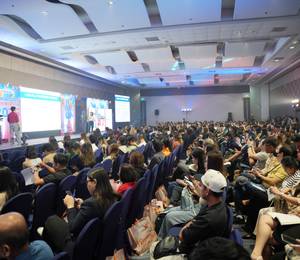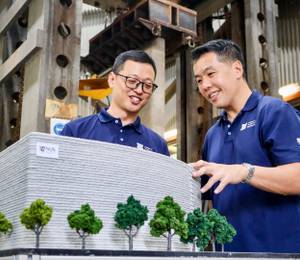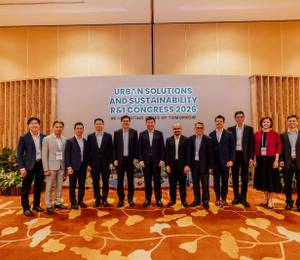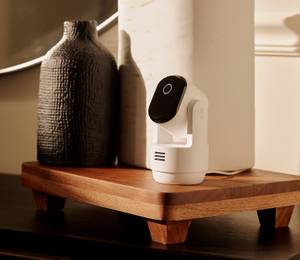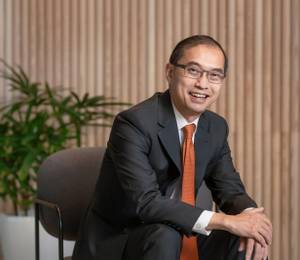Munich, Germany – The University of Birmingham, in partnership with Siemens, is combining digital sensor and analytics technologies, artificial intelligence, decentralized energy generation and storage, renewable energy and concepts that help change users’ behaviour to transform the university’s Edgbaston and Dubai campuses into the world’s smartest global campus, creating a ‘Living Lab’ where research, teaching and learning all benefit from access to new data and connectivity.
The ‘Living Lab’ will capture data from the university’s building technologies, estates infrastructure and energy plants and use it for innovation, R&D activities, as well as teaching. Scrutinizing energy demand and production – from systems to individual consumers/producers (prosumers) – with live data from across the sites provides a unique opportunity for applied learning for students and creates a platform for cutting-edge research.
Siemens will sponsor a team of PhD studentships at the university based in the UK and Dubai. Their research projects will be co-designed by Siemens and the university to address important challenges in data, technology, urban systems and the net zero goal.
This year, the University of Birmingham will become the first university in the world to roll out Internet of Things (IoT) technology at scale. Starting in autumn 2021, the first phase of this major energy efficiency project will include the roll out of 23,000 Enlighted IoT sensors across the university estate.
“As one of the largest universities in the UK – with a global community of more than 38,000 students – the university is already an energy prosumer and these technologies will be further optimized in the system we are now working on together,” said Matthias Rebellius, managing board member of Siemens AG and CEO of Smart Infrastructure. “Partnerships like this are extremely important for gathering new insights, testing and developing new technologies and creating efficient and sustainable energy infrastructure. The university’s campus in Dubai will be a global example of sustainability at the rescheduled Dubai Expo 2020.”
Professor Tim Jones, Provost and Vice-Principal of the University of Birmingham, explained the university’s ambitious vision: “Our goal is to deliver the campus of the future, using cutting-edge technologies to make our campuses in Edgbaston and Dubai the smartest globally. This will enhance our student experience, create new research and innovation opportunities, whilst significantly reducing our carbon footprint. As we approach COP26 in Glasgow this autumn, it is clear we are into the ‘decade of delivery’ for NetZero targets. University-industry strategic partnerships, such as ours with Siemens, are important for helping to identify pathways for turning targets into reality.”
In addition, Siemens will deliver a 10-year bureau for Energy and IoT services to ensure that the university reaps the full potential of both the technology and industry expertise. The university has already made significant progress in making its operations more sustainable, including achieving its 2020 target of reducing carbon emissions by 20 percent. It is constantly looking to improve the environmental performance of its buildings including a reduction of 2,856 tons of CO2 annually, equivalent to five percent of the university’s current emissions.
Earlier this year, the University of Birmingham signed up to the United Nations Global Compact – the world's largest corporate responsibility initiative – as part of its commitment to reducing its environmental footprint and maximizing the impact of its research. The University of Birmingham is also a participant in the COP26 Universities Network and will have a presence at the COP26 conference, in Glasgow, in November.
